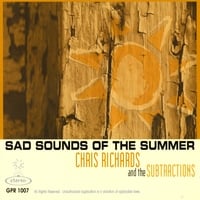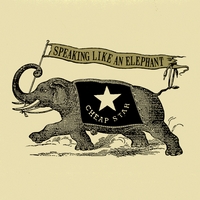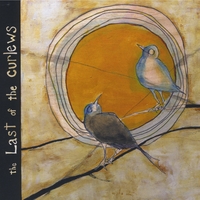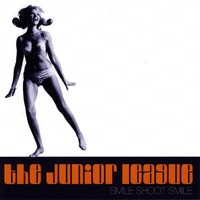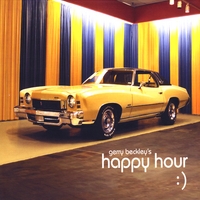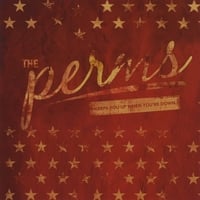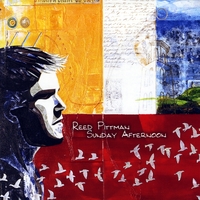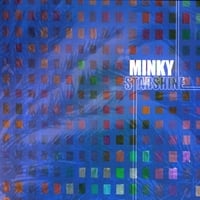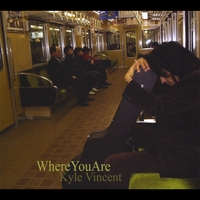Katie Dunlop has contributed an article on IPV (Intimate Partner Violence) to the Melbourne
Age. It could hardly be worse. She uses false statistics and a filtered version of reality to argue that murderous violence against women is the social norm.
She begins with
this:
Domestic violence, family violence, violence against women, intimate partner violence: we definitely have a range of phrases for the abuse men inflict on women and children ...
So straight away it is assumed that domestic violence is male violence against women and children. The violence of women against children, men or other women is simply overlooked.
She follows with this:
Pity we don't use them to describe the murders we often see on our front pages — the kids driven into the dam or gassed in the car, the wife or girlfriend stabbed in her kitchen, thrown off a cliff or shot in scrubland. Aberrations? Love gone wrong? No. These instances of violence are just the tip of the iceberg. Intimate partner violence (IPV) is everywhere, even if you don't know it.
This is a filtering of reality. She provides a list of crimes committed by men against women but the crimes committed recently by women against men are left out. We then get the claim that violent murders of women are not aberrations and that IPV is everywhere. It is a social norm even if we don't know it.
Next come the false statistics:
More than a third of Australian women who have had a boyfriend or husband experience abuse. Most shockingly, IPV is the leading contributor to death, disability and illness in women aged between 15 and 44.
The "1 in 3" claim has been going round since at least the early 1990s. Moira Rayner
admitted at the time that it was "guesswork and should be dropped". Kate Gilmore defended the statistic not because it was true but because it was useful in drumming up support for feminist causes:
Fact is an elusive notion ... feminists have no more distorted the truth than any other advocates of disadvantaged groups fighting for public support.
It's difficult to give an exact figure for how many women experience domestic violence. The results vary according to the questions asked. Back in the 1990s, the Australian Bureau of Statistics
found that 2.6% of women experienced some form of domestic violence in the course of a year, though the figure dropped to 1.3% for more severe forms of violence such as hitting. About half of these cases involved alcohol abuse.
As for domestic violence being the leading cause of injury and death for young women, that is simply a ridiculous claim. And yet it is a false statistic that crops up again and again in the Australian press.
The Australian Bureau of Statistics has just released information on the top 10 causes of death for women according to age. In the 15 to 24 age group, the leading causes of death for women in 2007 were traffic accidents (62 deaths) and suicide (58 deaths). There were nine deaths from assault but it isn't specified how many were incidents of domestic violence.
So women were much more likely to have taken their own lives than to have been killed by a partner.
There were 372 women in the 15 to 24 age bracket who died in Australia in 2007. This means that assault in general was responsible for 2.4% of deaths. 2.4% is a very long way from being a leading cause of death. Remember too that there were approximately 1.4 million women in the 15 to 24 age bracket in Australia in 2007. So the chance of death from assault in general was very low (let alone assault from a partner). It hardly fits into the category of social norm.
And what of women in the 25 to 44 age bracket? Death from assault doesn't even figure in the ten leading causes of death. The greatest risk, as you might expect, came from suicide, car accidents, cancer and heart disease. (You can find the information from the ABS
here by clicking on the first data cube and then selecting section 1.3.)
Having cited one incredible statistic, Katie Dunlop follows up with an even more unbelievable claim:
Our awareness of IPV in Australia is very poor. According to a recent Victorian study, many think that women abuse their partners as much as men (false: men are the perpetrators 98 per cent of the time)
Katie Dunlop doesn't seem to be aware of the university research on this issue. The academic studies I've seen have found that domestic violence is usually not initiated by the man alone.
One
study, for instance, found that men initiate violence in only 15% of cases of IPV (with women initiating violence in 30% of cases and the violence being mutual in the remainder).
Another study conducted by American academics also found that women were about twice as likely to initiate violence as men. The researchers noted:
As expected from previous research with this and other community samples (Archer, 2000), differences were observed in the rates of male and female partner violence, with female violence occurring more frequently.
You can see, therefore, that Katie Dunlop's claim that men initiate violence in 98% of cases is wildly false.
Why bother to correct these kinds of feminist errors? The mistakes don't just happen by chance or by sloppy research. They are made because they fit a particular world view, one in which men are thought to act as a class to oppress women through acts of violence.
This is a tremendously damaging notion. If it were true, then violence against women really would be something more than an aberration. It would be a product of a social system and a traditional culture carried out by men as a class as a social norm.
Women would then have good reason to organise separately to defend themselves against men. Women would also have good reason to be resentful and suspicious in their relationships with men.
Men and women would no longer have mutual interests within a marriage, a family and a community, but would stand apart. Men would no longer be seen as making sacrifices on behalf of women but as having worked to oppress them. There would be an expectation that men needed to be urgently re-educated by women in a radical break with tradition.
So feminists do need to be challenged when they put out false information.
We should also make it known to young women that being in a relationship with a man is not the pathway into violence that feminists claim it to be.
Do feminists, for instance, ever let women know that they are much safer when partnered with a man than when living alone? Women are 2.5 times more likely to be assaulted when they are single. Being partnered with a man is, overall, a source of physical protection for women rather than a source of danger.
Nor do feminists let women know that there are identifiable causes of domestic violence. There are "stressors" such as alchohol abuse, unemployment and homelessness which greatly increase the risk of IPV. For instance, around 90% of cases of femicide (the killing of women) in Australia take place within a social
underclass in which it is common for both the male and the female to be unemployed:
James and Carcach (1998) suggest that almost 85 per cent of victims, and a little over 90 per cent of offenders, belong to what can be described as an underclass in Australian society.
A woman who chooses to partner with a man who has stable employment, who does not abuse alcohol and who has a decent level of anger management is highly unlikely to be subject to domestic violence. Domestic violence does not occur in a random pattern "everywhere" as Katie Dunlop suggests. It is most definitely not a social norm amongst most social classes in Australia.
